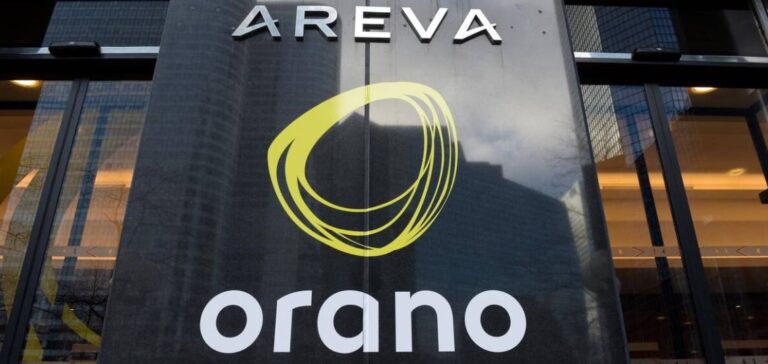The nuclear industry is constantly evolving, with major transactions redefining the sector’s landscape. One of the most notable acquisitions of recent decades was Areva’ s acquisition of Uramin in 2007. This operation, designed to strengthen Areva’s position in the uranium market, turned out to be more complex and problematic than expected. Today, an analysis of this transaction highlights crucial strategic issues for the company’s future. In addition, Areva (Orano) recently lost its license to operate uranium mines in Niger, weakening its position in this market.
Areva’s acquisition of Uramin was intended to secure uranium deposits in Africa. However, operating difficulties and lower-than-expected uranium grades soon caused problems. In 2011, a few months after the departure of CEO Anne Lauvergeon, Areva had to make substantial provisions to compensate for the decline in value of Uramin’s assets.
Background and financial implications
The financial impact of this acquisition was significant. Areva, now Orano, has had to revise its accounts and face accusations of presenting inaccurate accounts and disseminating misleading information. The financial and accounting issues linked to this transaction continue to affect the company and its management. Two judicial inquiries have been open since 2015 concerning this acquisition: one for fraud and corruption, the other concerning accounting provisions recorded by Areva. The National Financial Prosecutor’s Office (PNF) and the examining magistrates had differing interpretations of the case, leading to further indictments, including that of Ms. Lauvergeon in May 2024 for obstruction.
Implications for Areva executives
Anne Lauvergeon and several former executives are suspected of deliberately concealing the difficulties encountered by Uramin in obtaining certification of its accounts. The legal repercussions of these actions raise questions about governance and transparency at Areva. In 2022, the examining magistrate ruled in favor of the PNF, reinforcing the accusations against the managers of the time.
This case illustrates the challenges of strategic management in the nuclear energy sector, where investments are often risky and returns uncertain. For Orano, the lessons learned from the Uramin acquisition are crucial to avoid similar failures in the future. The company needs to strengthen its due diligence processes and improve its financial transparency to regain the confidence of investors and regulators.
Asset revaluation and the management of accounting provisions remain crucial issues. Orano’s next steps include an in-depth analysis of its past acquisitions and the implementation of best governance practices.





















